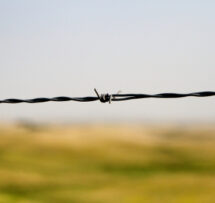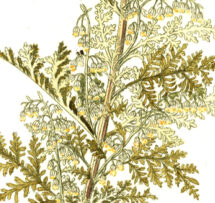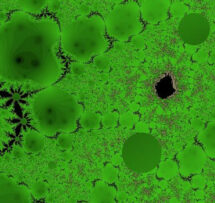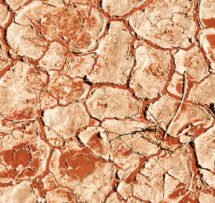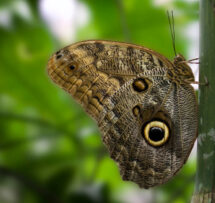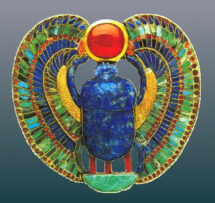Seals and killers in the roaring forties
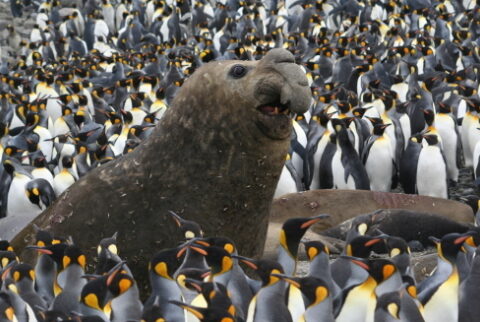
Sub-Antarctic Marion Island’s Marine Mammal programme
How does one keep track of marine mammal populations and why is it important to do so? Can we learn about global population trends by studying a specific ecosystem? And why do we need to go to one of the most remote, inaccessible and inhospitable places on Earth to get this data?
Located halfway between South Africa and Antarctica, Marion island is home to a wide variety of birds as well as marine mammals such as seals and killer whales. Following exploratory research done in the early 1950's, mammal research on Marion Island became a priority scientific endeavour in 1973, leading to the establishment of the Marion Island Marine Mammal Programme in 1983. Precipitous global declines in elephant seal numbers prompted the inception of an intensive mark-recapture programme to better understand the demographics of the elephant seal population on
Marion Island in an effort to identify causal mechanisms for the declines there.
Unparalleled data collected over a 30-year timespan has highlighted both juvenile and adult female elephant seal mortality as the immediate drivers of these declines. Although various other hypotheses persist, it has been suggested that the ultimate driver of the population decline is food limitation.
Partly driven by these hypotheses and the evidenced recent stabilisation of the population, the past decade has seen intensive research on other mammalian top-predators within the Marion Island ecosystem, such as killer whales and the role they play in controlling the elephant seal population. This has also stimulated parallel investigations into the basic biology of killer whales, with consequent global implications. Furthermore, studies of otariid (eared) seals on Marion island have helped to disentangle questions pertaining to environmental change, interspecific interactions and important oceanographic features of importance to top-predators from this locality in general.
In this talk, Nico de Bruyn will give us a whirl-wind tour of the research that has driven three decades of scientific inquiry into the population dynamics of mammalian marine top-predators and explain how this research has helped to answer questions of global
significance from a region experiencing increased environmental change.
Image Credits: Nico de Bruyn

Nico de Bruyn
Seals and killers in the roaring forties
How does one keep track of marine mammal populations and why is it important to do so? Can we learn about global population trends by studying a specific ecosystem? And why do we need to go to one of the most remote, inaccessible and inhospitable places on Earth to get this data?
Talk by
Nico de Bruyn
Nico de Bruyn is Associate Professor at the Mammal Research Institute within the
Department of Zoology & Entomology at the University of Pretoria. His research team is investigating population demography and foraging ecology of seals and killer whales in the Southern Ocean. He visits Marion Island annually as programme leader of the Marion Island Marine Mammal Programme. His PhD focussed on Southern elephant seal life history characteristics as related to population demography. He continues to be interested in life history studies and more generally in large mammal ecology (both terrestrial and aquatic species) and has a keen interest in photogrammetry application in population ecology studies.
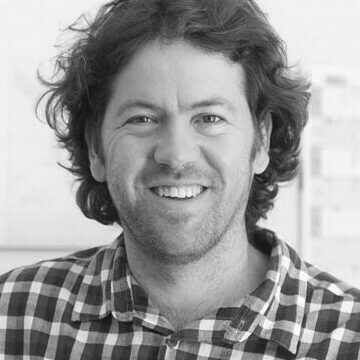
Music by
Phumelele and the Light
Phumelele Mzimela is a young vocalist born in Durban and currently based in Johannesburg. Her jazz training at the Wits School of Arts has greatly influenced her sound. She will be presenting a taste of her own compositions as well as songs by artists like Little Dragon, Gretchen Parlato and Lizz Wright among others in an effort to represent jazz in the present tense. With the accompaniment of Josh Mokoena (Piano), Daluxolo Mqwathi (Bass) and Nick Bjorkman (Drums) this promises to be a
soulful experience



